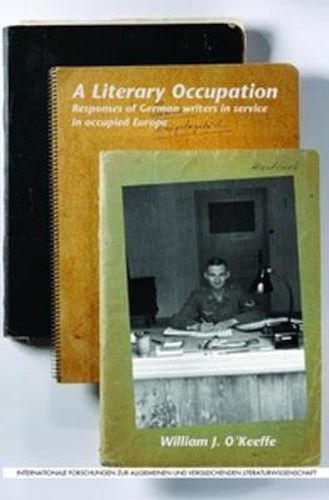Readings Newsletter
Become a Readings Member to make your shopping experience even easier.
Sign in or sign up for free!
You’re not far away from qualifying for FREE standard shipping within Australia
You’ve qualified for FREE standard shipping within Australia
The cart is loading…






Pax in Bello, peace in the midst of war, was the motto one writer chose to signify the private dilemma: how could the humanist, clad in the uniform of the occupier, write of liberal values, see with a liberal eye - and publish, or hope to? From the armistice peace of occupied France, from the partisan war and incipient civil war of Greece, from the all-out warfare in southern Russia, came writing that revealed not just the everyday split consciousness resulting from the overlay of Nazi ideology, but writing also that circumvented and in places subverted the propaganda imperative which then governed everything in print. For a European community that now sees itself as exemplar and upholder of liberal democratic values, the study of that first great test of modern liberal conscience is instructive. Some essayed the test in the craft of writing, and came away with some honour. Their works are examined in this book.
$9.00 standard shipping within Australia
FREE standard shipping within Australia for orders over $100.00
Express & International shipping calculated at checkout
Stock availability can be subject to change without notice. We recommend calling the shop or contacting our online team to check availability of low stock items. Please see our Shopping Online page for more details.
Pax in Bello, peace in the midst of war, was the motto one writer chose to signify the private dilemma: how could the humanist, clad in the uniform of the occupier, write of liberal values, see with a liberal eye - and publish, or hope to? From the armistice peace of occupied France, from the partisan war and incipient civil war of Greece, from the all-out warfare in southern Russia, came writing that revealed not just the everyday split consciousness resulting from the overlay of Nazi ideology, but writing also that circumvented and in places subverted the propaganda imperative which then governed everything in print. For a European community that now sees itself as exemplar and upholder of liberal democratic values, the study of that first great test of modern liberal conscience is instructive. Some essayed the test in the craft of writing, and came away with some honour. Their works are examined in this book.